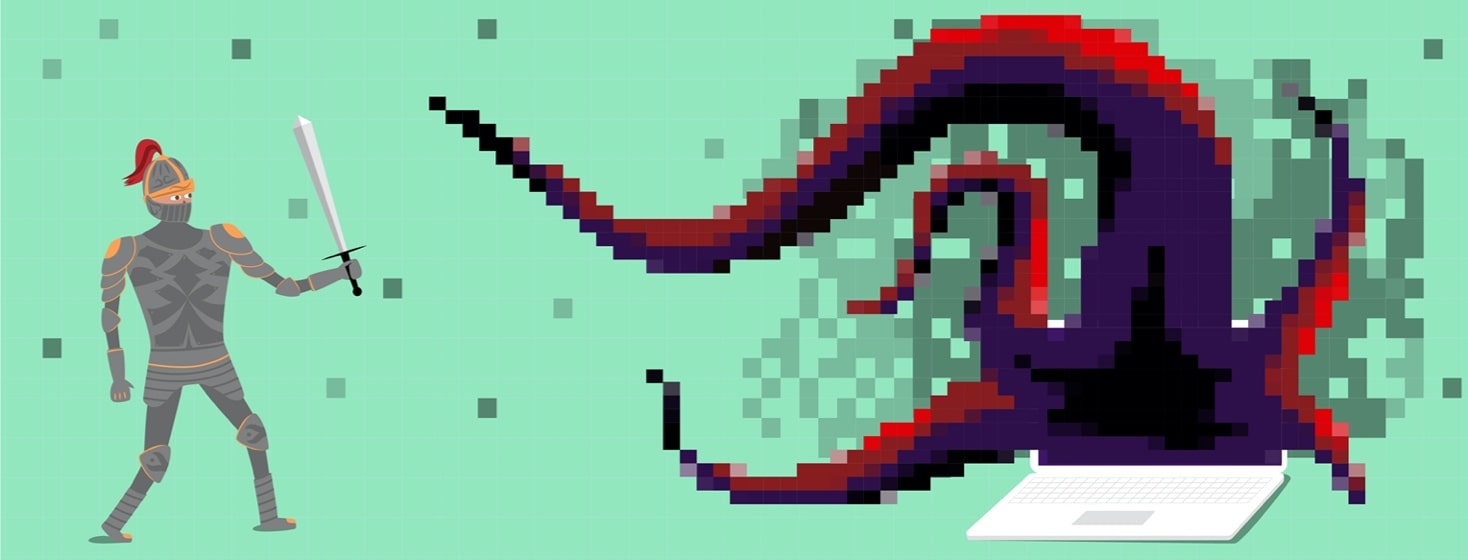Learn To Be Safe Online
When first diagnosed with lung cancer I refrained from doing internet searches, not because I feared learning about my cancer, but, because I had many warnings about being safe online. What would I find? How could I trust what I learned? Could I really be safe? Would I be exposing myself to people who would use my cancer as a way to victimize me?
Finding trustworthy resources and patient stories
When I did decide that I wanted to learn more about my cancer to get the most out of my survival I put some serious thought into how I might find safe resources. Since most every cancer center has its own website I decided to look into those of the leading cancer centers. My search started with MD Anderson and the Mayo Clinic. In turn, I learned about the National Comprehensive Cancer Network, American Society of Clinical Oncology and the National Cancer Institute. Because the information from these resources is evidence-based, I trust them.
As informative as those newsletters and websites are they do not reflect the patient voice and I needed to hear firsthand what was working for others and I found I wanted to share what was working for me. So where would I go to learn strategies others were using to overcome the side effects of treatment and what really worked? What are some long term side effects and can I prepare for them? How did my treatment and response measure up? Could I save another family the heartache of learning how to overcome their initial shock and learn to navigate cancer treatment?
Trust but verify
I started with the American Cancer Society and found that much of the information they shared matched that of the ASCO and NCCN websites. I decided that they were an information site I could trust. As I explored their website I found that they had patient to patient boards that provided the contact I wanted. By verifying the information I learned from other patients I learned who to trust and they led me to several other boards and websites I could trust.
Thoughts on safe internet use and what to avoid
- Never reveal personal information online -- I use a name I made up so that I could track who might be selling my email address. None of the sites I recommend have done that.
- If it sounds too good to be true it probably is.
- Compare the information provided with a trusted source.
- Anecdotes and testimonials are not the same thing as peer-reviewed scientific data.
- Nothing will cure all cancers. Any claim to the contrary should be avoided.
- There is no worldwide conspiracy to prevent the cure of cancer. No billionaire is going to allow a loved one to die just to protect another billionaire's interests. They’re in competition.
- There is no diet that will prevent cancer, you can only reduce the risk factors.
- Avoid someone who will tell you the secret to beating cancer if you’ll just buy their book. They just want to sell their book.
- Not all-natural or organic products are healthy for you -- ricin and botulinum are natural. Talk with the oncology nutritionist at your hospital to develop your own personalized food plan. Don't not eat something if you can't afford it in organic form.
What would you add to this list? Is there a website that you would recommend? Share in the comments!

Join the conversation